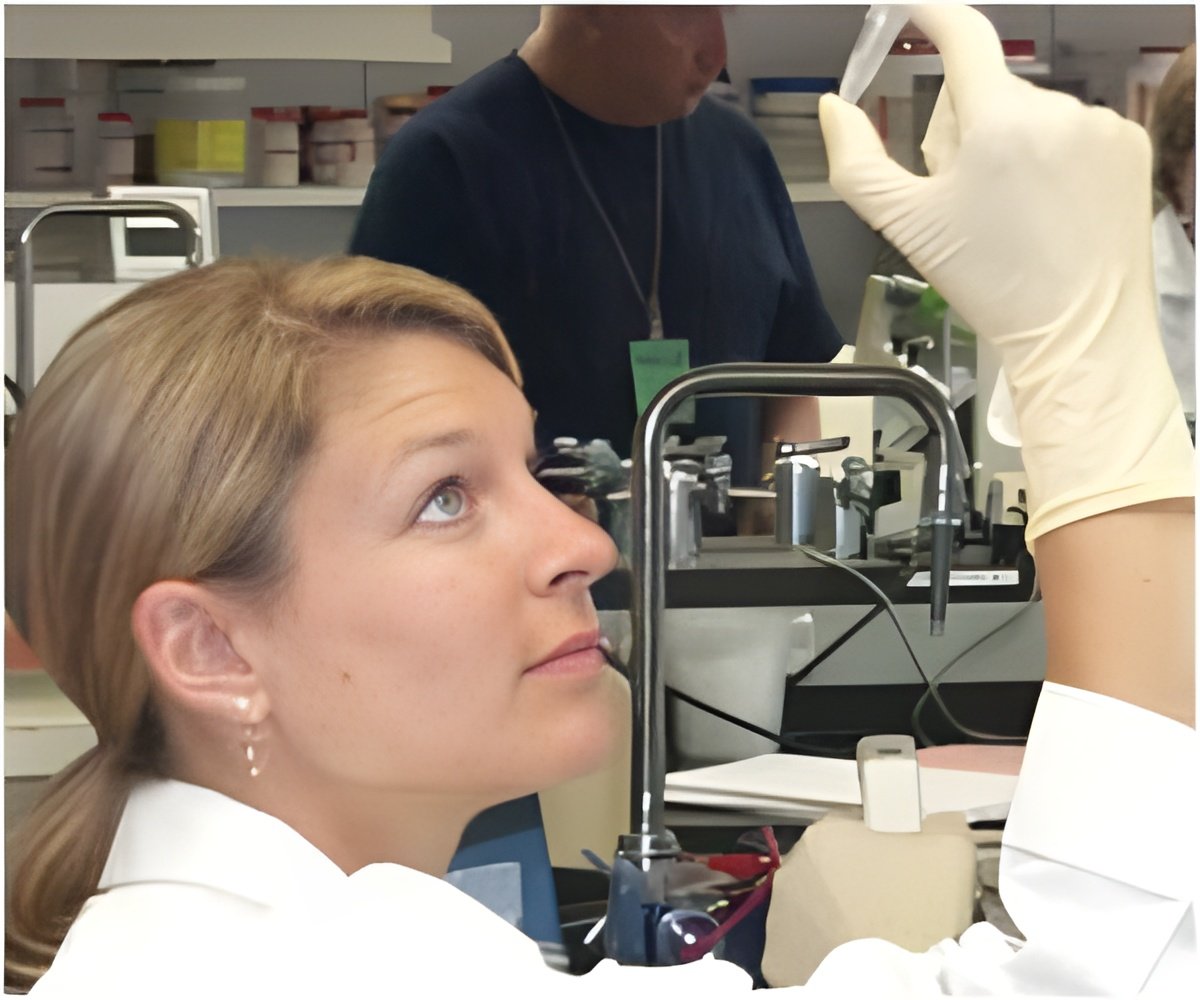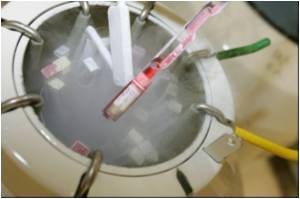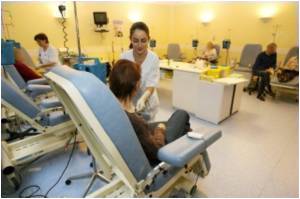A new study has found that direct-to-consumer (DTC) genetic tests give inaccurate predictions of disease risks and are not beneficial to individuals.

Working under the supervision of Associate Prof Cecile Janssens, together with researchers from Leiden, The Netherlands, and Boston, USA, Kalf examined the risk predictions supplied by two large DTC companies, deCODEme (Iceland) and 23andMe (USA).
They simulated genotype data for 100,000 individuals based on established genotype frequencies and then used the formulas and risk data provided by the companies to obtain predicted risks for eight common multi-factorial diseases - age-related macular degeneration (AMD), atrial fibrillation, celiac disease, Crohn's disease, heart attack, prostate cancer, and Type 1 and Type 2 diabetes (T2D).
Although the predictive ability of the DTC tests in the study was moderate for all diseases, both companies assigned an increased risk to a substantial part of the group.
Yet the risk of disease in this group was often not substantially higher than the risk in the rest of the population studied. For AMD, the disease with the highest predictive ability, both companies assumed that the risk in the population was around 8 percent.
Of all subjects designated as having an increased risk, 16 percent using the 23andMe risk estimations and 19percent-using deCODEme's estimations would develop AMD, compared to the 4 percent found in the rest of the population studied.
"deCODEme predicted risks higher than 100 percent for five out of the eight diseases", added Kalf.
The finding will be presented at the annual conference of the European Society of Human Genetics.
Source-ANI
 MEDINDIA
MEDINDIA




 Email
Email





